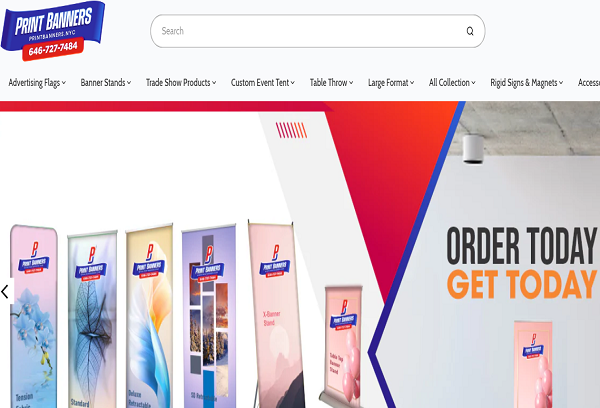Why Your Website Got Deindexed from Google – And How to Fix It
- April 4, 2025
Seeing your website vanish from Google’s search results is a nightmare for any site owner or marketer. One day you’re ranking well, and the next—gone. No traffic, no impressions, not even a ranking for your brand name. What happened?
If your site gets deindexed, it means Google has removed it from its search index. And while it’s not always a penalty, it is a serious issue that demands quick investigation.
Here’s what deindexing means, why it happens, and how to fix it fast.
What Does “Deindexed” Really Mean?
When a site or webpage is deindexed, it’s no longer included in Google’s search index. In simple terms: your site won’t show up in search results at all.
Sometimes it’s a full deindexing (your entire domain disappears), or it could be partial—where only some sections or pages get dropped from the index.
Why Google Might Deindex Your Website
There are several reasons this might happen, and not all of them are penalties. Here are the most common causes:
1. Rogue Noindex Tags
If your pages include:
<meta name=”robots” content=”noindex”>
Or a noindex directive in HTTP headers, Google will remove them from the index. This often happens by mistake when:
- A developer pushes staging settings to the live site.
- A CMS plugin applies noindex too broadly.
- A manual override accidentally affects core content.
2. Robots.txt Blocking Key Folders
Your robots.txt file controls what Google can crawl. If it blocks key areas (like /blog/ or /products/), Google won’t index those pages.
It doesn’t directly deindex content, but it can lead to:
- Crawling issues.
- Outdated or missing content in the index.
- Lower rankings from stale or inaccessible content.
3. Server or DNS Issues
Server downtime, misconfigured DNS, or frequent 5xx errors can prevent Googlebot from accessing your site. When that happens, Google may:
- Crawl your site less often.
- Temporarily remove pages from its index.
- Reduce trust in your domain.
4. Firewall or Security Rules Blocking Googlebot
WAFs and security plugins (like Cloudflare or Sucuri) sometimes block bots—including Googlebot—by mistake.
With the rise in bot traffic (especially from AI scrapers), more websites are tightening security. Just make sure you’re not blocking legitimate search engine crawlers in the process.
5. JavaScript Rendering Problems
If your site relies heavily on JavaScript (e.g., React, Vue), Google might struggle to render and crawl content properly. This can lead to:
- Incomplete indexing.
- Missing content in search results.
- Pages being dropped from the index entirely.
6. Content Quality Issues
If your site’s content is:
- Thin or low-quality
- Copied from other sources
- Keyword-stuffed or auto-generated
How to Recover from Deindexing
Step 1: Audit Your Content
Identify and update (or remove) low-quality pages. Focus on building genuinely useful content that solves problems or answers key questions.
Step 2: Fix Technical SEO Issues
Use tools like Screaming Frog, Google Search Console, and site audits to uncover:
- Misused noindex tags
- Crawl blocks in robots.txt
- JavaScript rendering failures
Step 3: Test & Submit Your Fixes
After fixing the issues:
- Re-submit your sitemap in Google Search Console.
- Use the URL Inspection Tool to request reindexing.
- If a manual action was involved, submit a reconsideration request explaining your fixes.
Staying Indexed for the Long Term
Once you’ve recovered, don’t let it happen again. Here’s how to maintain a healthy, indexed site:
- Monitor changes to robots.txt, meta tags, and firewall rules.
- Audit your content regularly.
- Track crawl errors and index coverage in Google Search Console.
- Avoid shortcuts like buying backlinks or duplicating content.
If your website has experienced sudden deindexing or a sharp drop in visibility, you’re not alone—and we’re here to help. At Earn SEO, a leading SEO agency based in New York, we specialize in diagnosing and resolving technical SEO issues that could be affecting your site’s performance. From fixing indexing problems to improving content quality and crawlability, our experts ensure your website gets back on track—and stays there. Contact us today for a comprehensive SEO audit and let us help you reclaim your rankings and organic traffic.
Earn SEO was established in 2011 by Devendra Mishra, a highly educated professional with varied training and experience. Mr. Mishra is responsible for business development, attracting new Earn SEO partners, and interacting with clients, the media and press, and acting as Brand Ambassador.
Devendra Mishra
Founder





































